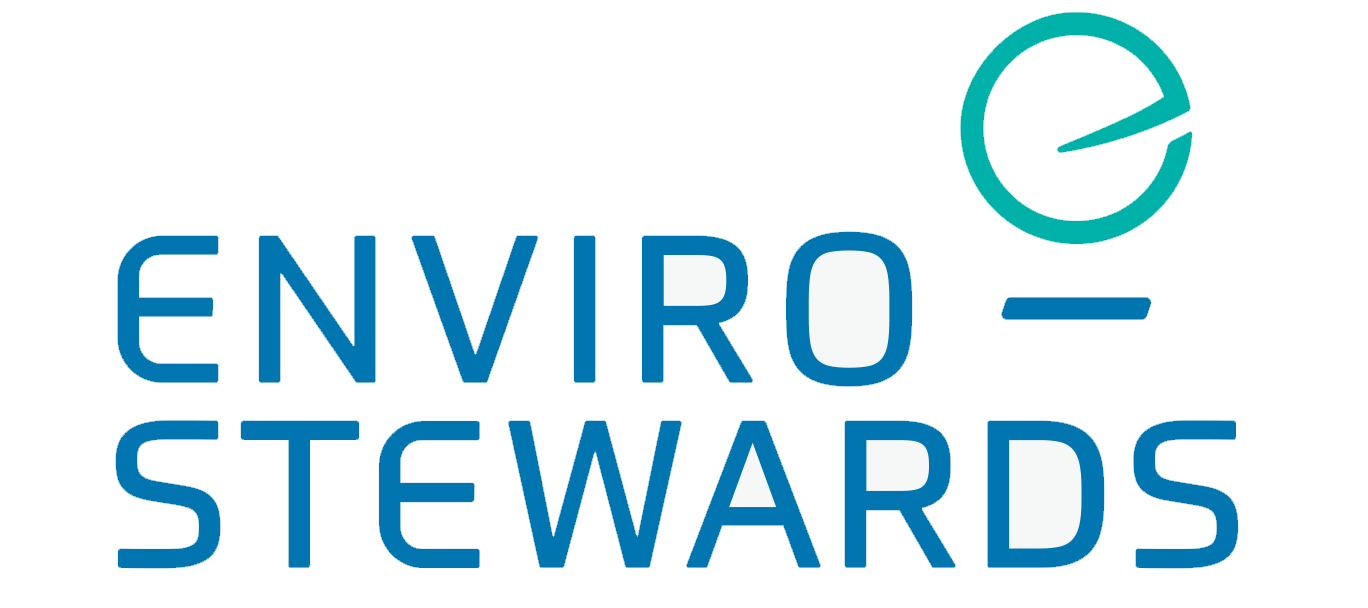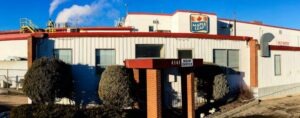Enviro-Stewards believes that manufacturers shouldn’t just manage and dispose of food waste — instead, your facility should stop wasting it in the first place.
In Canada, a report by the Ontario Provision Coalition indicated that approximately 18% of food waste happens at the manufacturing level.
In the United States, the 2016 FWRA Food Waste Survey indicated that 89% of manufacturers identified donation challenges and 100% of manufacturers identified barriers to recycling.
These are distinct and regularly occurring problems that manufacturers face, based on the traditional approach to waste, which assumes two things:
- There will be waste created during the food manufacturing process.
- There will be waste that requires diversion.
Enviro-Stewards has a different approach and doesn’t subscribe to these assumptions. We know that this traditional approach is not sustainable and will not help your business stay profitable in the long term.
We are turning the existing model of destroying resources and manufacturing waste on its head. Our model is one where the manufacturing process doesn’t waste resources in the first place.
Ideas About Food Waste
Many manufacturers assume they will create waste in their manufacturing process, but this doesn’t have to the case.
The costs of purchasing and then managing and disposing of byproducts and unusable resources can be so significant that it can prevent your business from growing.
Wouldn’t it be great to stop spending your revenue on the destruction and diversion of resources?
Enviro-Stewards’ unique approach to reducing food waste during the manufacturing process will ensure that more ingredients and finished goods leave the line as saleable product — not through the dumpster or down the sewer! Our holistic audit has helped numerous manufacturers avoid waste and increase their yield.
Food Recovery Hierarchy
The Environmental Protection Agency’s Food Recovery Hierarchy provides a clear breakdown of the most preferred methods to prevent and divert food waste. This image also helps to illustrate that even the traditional, environmentally-focused disposal methods are not preferred.
The status quo of disposing of resources in an environmentally conscientious manner may sound good — composting may currently be an effective option for your business — but the question needs to change from, “Where can I put this waste?” to “Why are we producing waste?”
Manufacturing Food Waste Case Study
Hans Dairy is a specialty dairy manufacturer that produces a wide range of products and is one of the largest Ontario businesses specializing in South Asian dairy products.
Seeking to save resources, lower costs, and reduce food waste, Hans Dairy contacted Enviro-Stewards to conduct a food loss and waste assessment (FLW Toolkit) in their facility. The FLW Toolkit, that Provision Coalition retained Enviro-Stewards to develop, measures the true cost of food loss and waste, as well as the associated greenhouse gas emissions, electricity, natural gas, water, and meals wasted.
Our engineers and scientists conducted a root-cause analysis at Hans Dairy using the FLW Toolkit and identified the following wasted resources, along with reduction and saving opportunities:
- 90,000 litres of raw milk was being wasted — 67,500 litres can be saved, every year
- Transfer line recovery would save 56,250 litres of raw milk by reusing the ingredients in their smoothies.
- Truck unloading recovery would save 11,250 litres of raw milk by draining the remaining raw milk into a separate tote.
- No longer wasting the 67,500 litres of milk every year, allows them to achieve a potential resource savings of $71,719 annually.
Food Manufacturing Resource Case Study
Along with food waste, food manufacturers also struggle with resource waste. No matter the size, manufacturing facilities need to reduce their overall resource waste, in order to stay profitable.
When Maple Leaf Foods approached Enviro-Stewards in 2015, they had an organizational challenge to reduce their environmental footprint by 50% by 2025. They wanted to reach their goal by reducing their energy and water consumption, and their solid waste. This was certainly a lofty goal, but the team at Enviro-Stewards was excited to help them with this challenge.
Our expert team conducted a root-cause analysis to develop cost-effective waste prevention strategies and solutions. Our team spent time at both their small and large facilities to analyze every aspect of the manufacturing process, from lights turning on in the morning to the water turning off at night.
We met with their teams and reviewed their systems, procedures, machinery, output, and much more. Throughout the process, we made sure to ask questions to enable us to produce a comprehensive report that would reflective their unique production situation. Our goal was to provide Maple Leaf Foods with feasible options that could be taken to reduce waste, and improve production.
The team has commenced implementing the suggested options, and the results have been impressive. They wanted to reduce their footprint by 50% in 10 years, and in just two years they had already:
- Reduced energy usage by over 20%
- Reduced water intensity by over 20%
- Reduced emissions intensity by over 30%
In addition to these reductions to their environmental footprint, Maple Leaf Foods saved nearly $2M on their utility bills in 2016 — an added benefit to their initiative.
If you want to know how your facility can reduce food waste and resource consumption, so you can save money every year, contact Enviro-Stewards. We’ll provide a free consultation to get you started.




